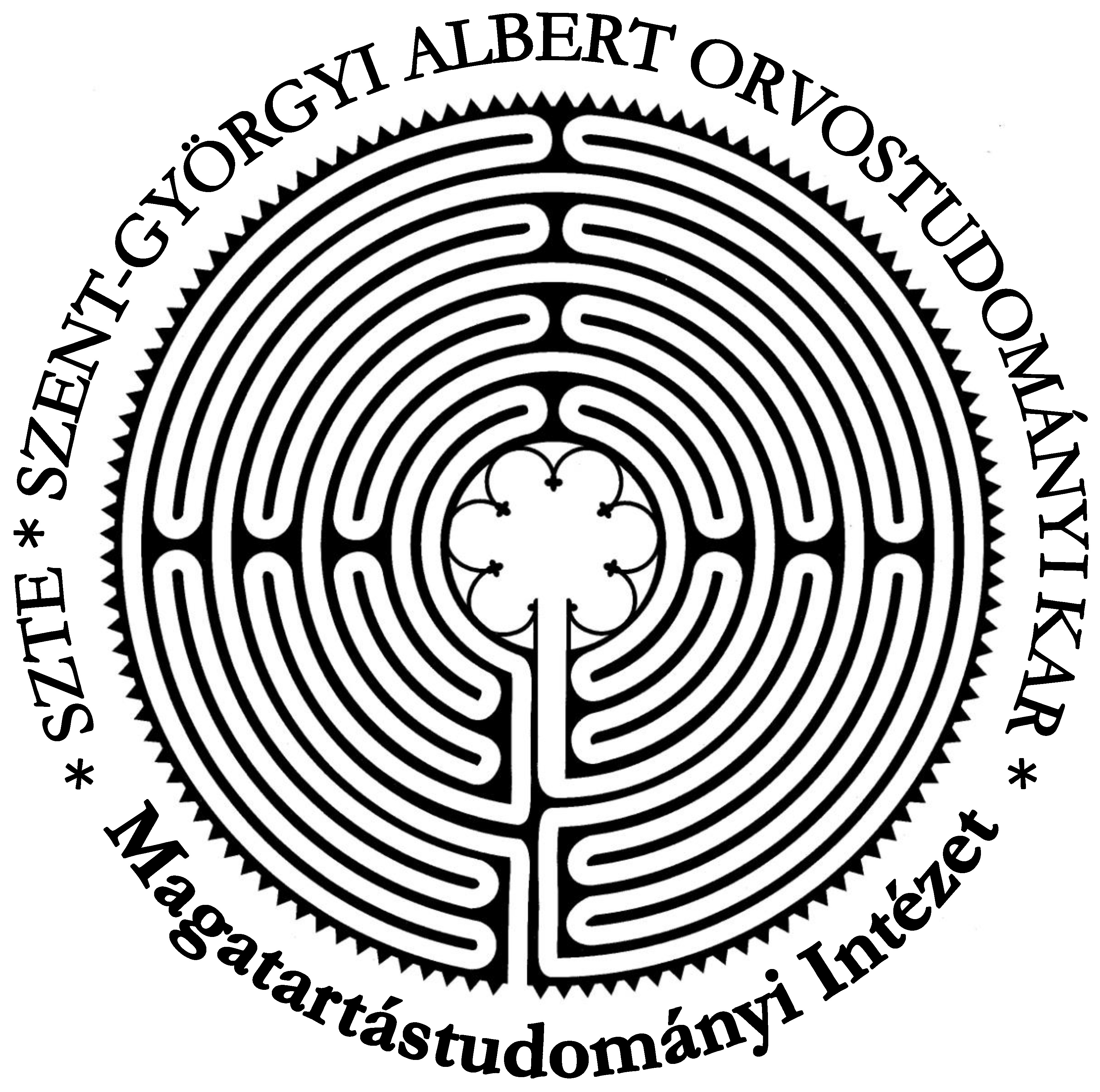Important News
OFFICE HOURS
| DEPARTMENT OF BEHAVIORAL SCIENCES
MOVED to Szeged, Szentharomsag Str. 5. 1st floor Opening hours: Monday-Thursday 10-12 a.m. & 1.30-3 p.m. Contact: Secretariat: office.magtud@med.u-szeged.hu; +36 62 545 968 Office for Student: savanya.agnes@med.u-szeged.hu; +36 62 546 468 You can also contact our professors |
 |
STUDENT RESPONSIBILITIES - INSTITUTIONAL POLICIES
STUDENT RESPONSIBILITIES
|
TESTS, ORAL EXAMS
|
GUIDELINE TO BEHAVIORAL SCIENCE SUBJECTS - 1st year 2025/2026
Scientific Circle (TDK) Topic List 2025/2026
| Supervisor | Topic |
| Oguz Kelemen MD, PhD – Szilvia Kassai PhD | Recovery-based approaches to mental health problems using qualitative psychological methods |
| Szilvia Kassai PhD - Dóra Monostori PhD | Hospice and palliative care education: evaluating the attitude-forming effects of end-of-life care courses |
| Szilvia Kassai PhD | Assessment of misconceptions and knowledge related to hospice and palliative care |
| Szilvia Kassai PhD | Assessment of end-of-life care needs among terminally ill patients and their families |
| Szilvia Kassai PhD - Rita Figus-Illinyi | The role of religiosity in the formation of medical students’ professional identity in relation to end-of-life care |
| Hedvig Kiss MD, PhD – Bettina Pikó MD, PhD, DSc | Epidemiological and psychological aspects of problematic Internet, smartphone, and social media use |
| Hedvig Kiss MD, PhD – Bettina Pikó MD, PhD, DSc | Student burnout and mental well-being among university students |
| Hedvig Kiss MD, PhD – Bettina Pikó MD, PhD, DSc | Medical students’ career choice motivations |
| Hedvig Kiss MD, PhD – Bettina Pikó MD, PhD, DSc | Study of nutritional habits, eating disorders, behavioral addictions psychological well-being in student populations |
| Hedvig Kiss MD, PhD – Gergely Tari PhD | Intersection of medical ethics and cultural beliefs in patient autonomy |
| Hedvig Kiss MD, PhD | Health literacy of different populations |
| Vanessa Müller – Bettina Pikó MD, PhD, DSc | “Who's paying attention to the deficit of attention?” A study of ADHD-related knowledge and attitudes |
| Vanessa Müller – Bettina Pikó MD, PhD, DSc | Psychological examination of the association between work addiction and ADHD |
| Luca Szabó – Bettina Pikó MD, PhD, DSc | The role of sport in mental health and academic achievement |
| Éva D. Molnár PhD - Dénes Kovács PhD | Chronically ill child in the family |
| Éva D. Molnár PhD | Perspectives, expectations, and misconceptions surrounding medical professional identity |
| Éva D. Molnár PhD | Role models and hidden shadows: The influence of clinical educators on the professional identity formation of medical students |
| Kinga Palatinus | Resilience among university students / Coping mechanisms of university students / Burnout prevention among university students |
| Éva D. Molnár PhD - Kinga Palatinus | High-functioning anxiety, coping, and professional identity among medical students |
| Éva D. Molnár PhD - Kinga Palatinus | Resilience and professional identity among medical students |
| Gergely Tari PhD – Bettina Pikó MD, PhD, DSc | Cross sectional exploration of the attitudes of the Hungarian population towards organ transplantation |
| Lehel Balogh PhD | Forms of alternative and complementary medicine in Hungary and societal attitudes towards them |
| Lehel Balogh PhD | Hidden ethical, religious, and ideological motivations behind psychotherapeutic approaches: critical analyses and empirical research |
| Lehel Balogh PhD | Cultural experiences of East Asian medical students in Hungary: positive and negative aspects of discrimination and otherness |
 University of Szeged
University of Szeged
